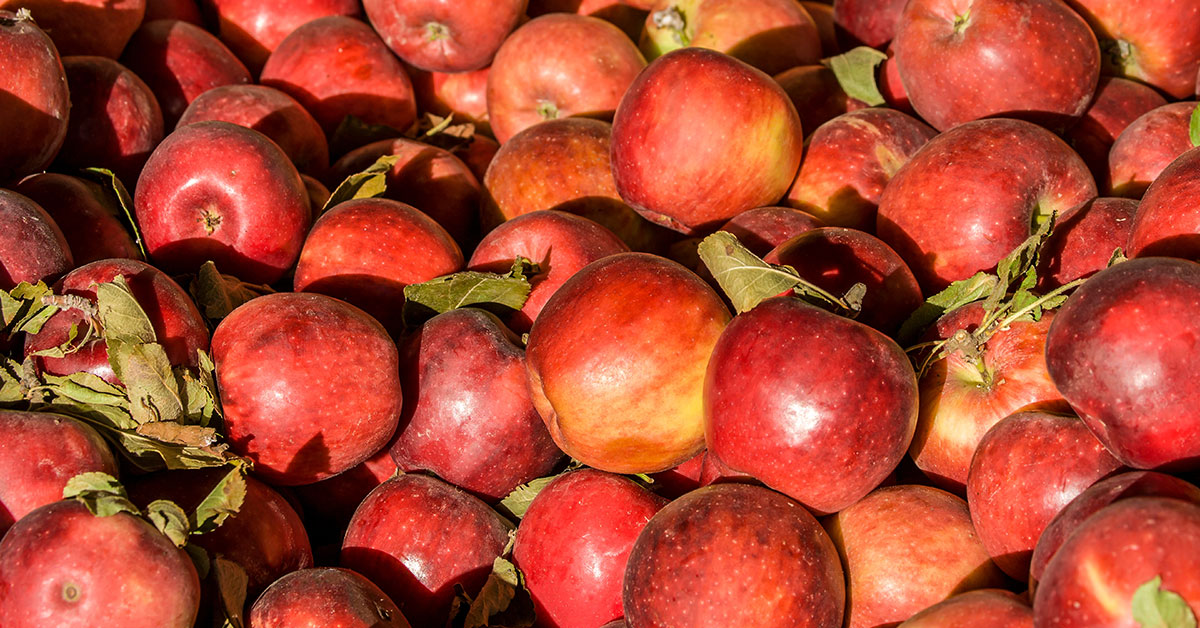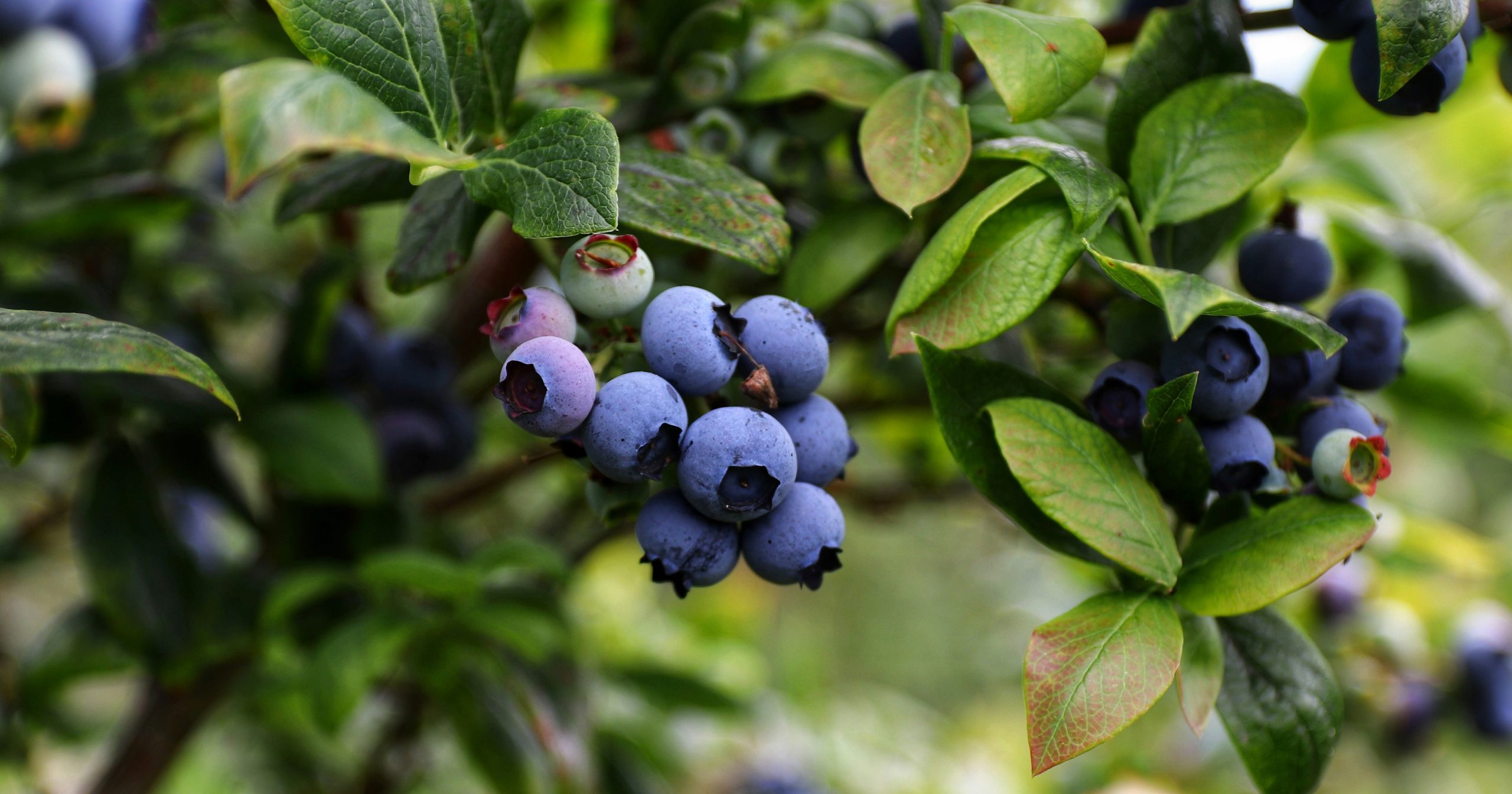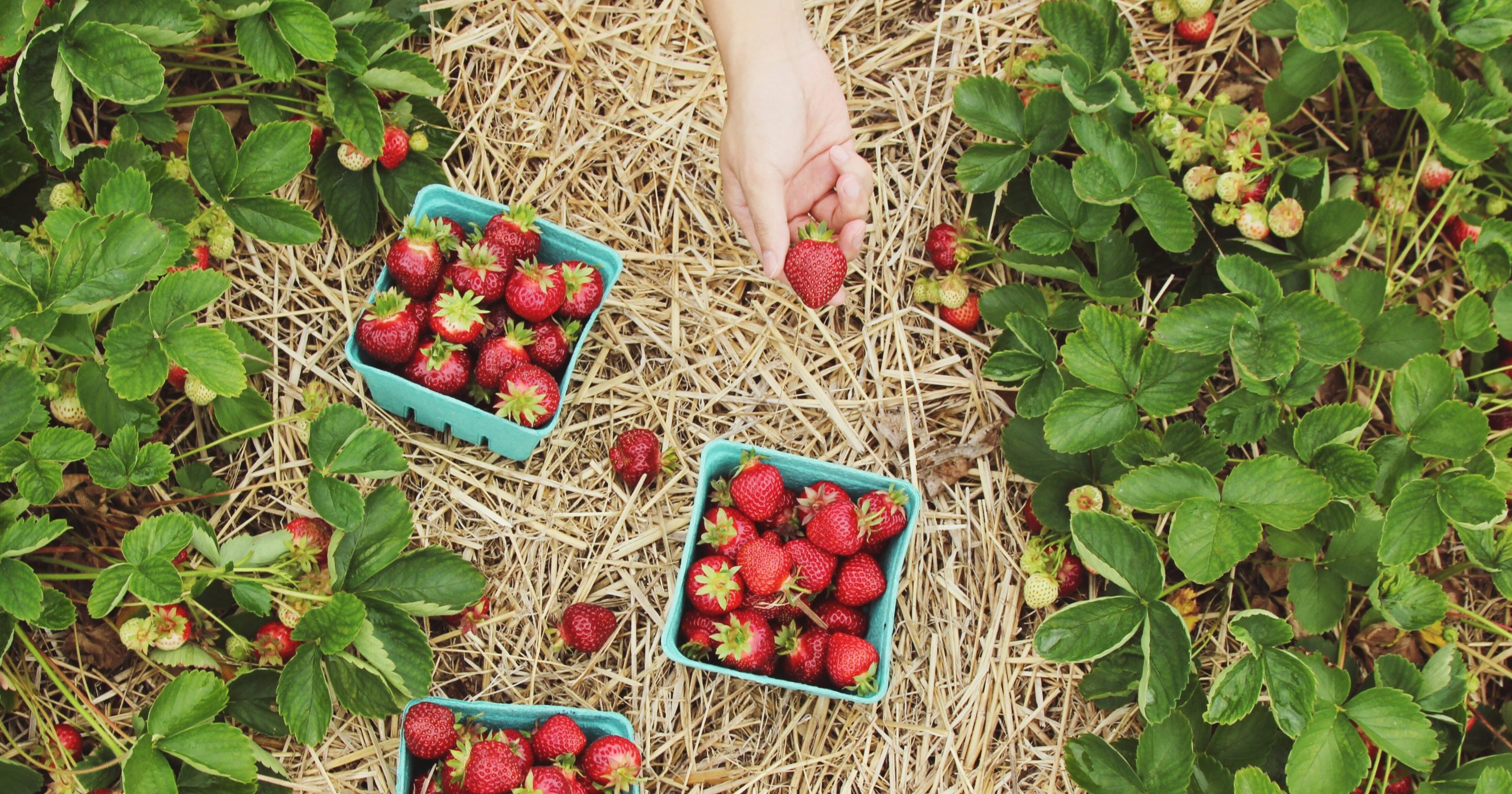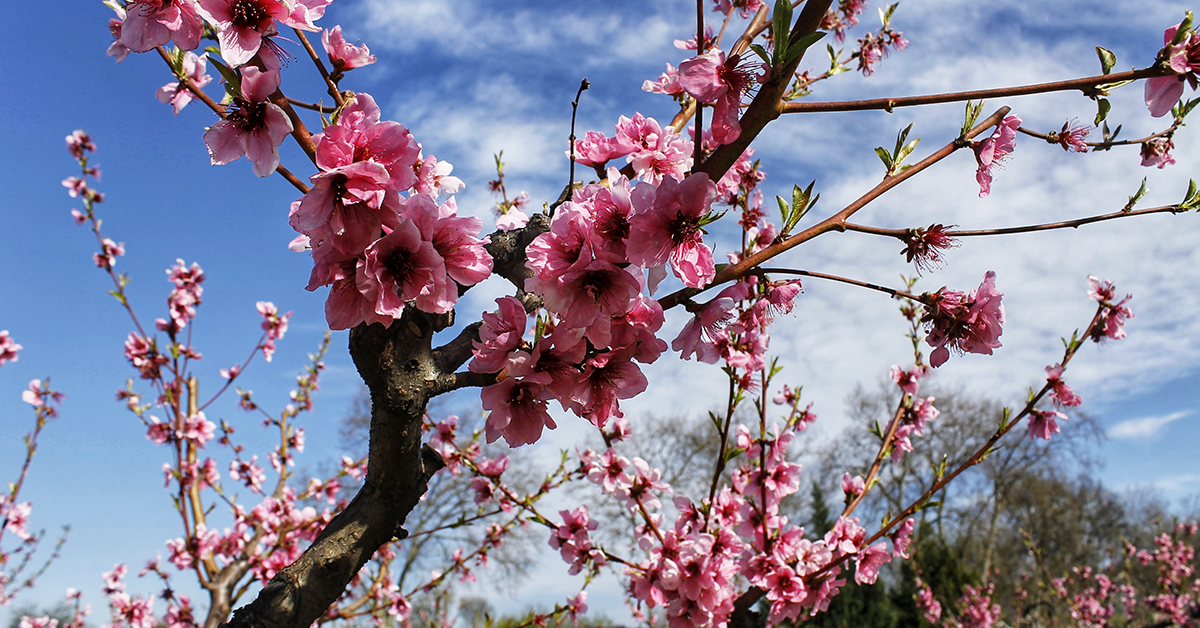Heritage apples, also known as heirloom apples, are varieties of apple that have been grown for generations but are not widely commercially available. These apples have been passed down from generation to generation and have been carefully preserved by farmers, gardeners, and apple enthusiasts.
Heritage apples you can grow at home
Heritage apples offer unique flavors, colors, and textures that are often lost in commercial production. Gardeners should consider growing heritage apples as they are more disease-resistant and are often better suited to local growing conditions than more popular varieties. Moreover, by growing heritage apples, gardeners can help preserve the rich diversity of apple varieties and the cultural heritage that comes with them.
Cox’s Orange Pippin apples
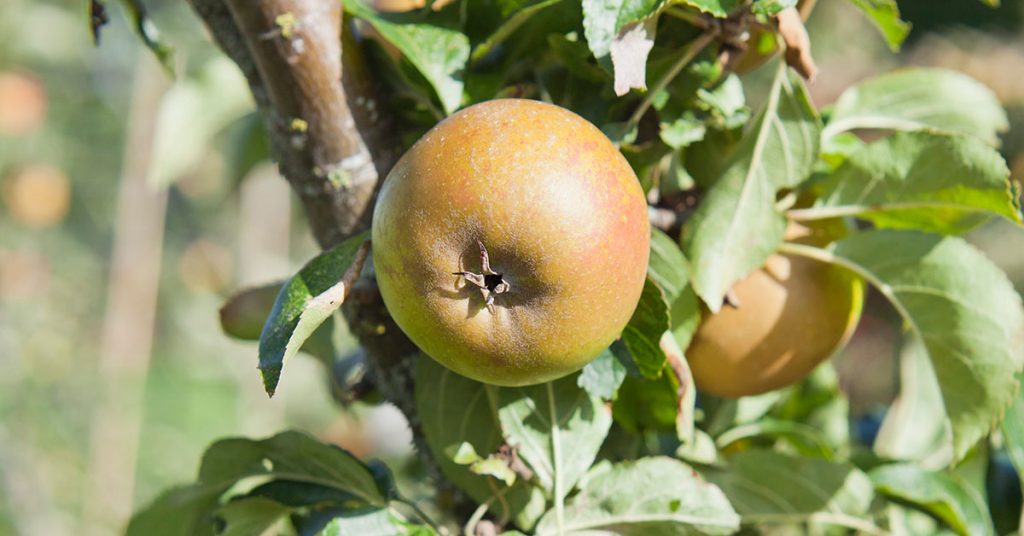
Cox’s Orange Pippin is a classic English heritage apple that has been popular since it was first introduced in the 19th century. It is known for its sweet, aromatic flavor and crisp texture, making it a favorite among apple enthusiasts. Cox’s Orange Pippin apples are small to medium-sized, with a distinctive orange-red skin that is often lightly russeted. The flesh is yellowish-white and juicy, with a complex flavor that is both sweet and tangy.
This heritage apple variety requires a long growing season, with the fruit typically ripening in late September or early October. They are generally hardy and disease-resistant, making them a relatively low-maintenance fruit tree. These apples are great for fresh eating, baking, and making cider vinegar, and they store well for several months if kept in a cool, dark place.
Gravenstein apples
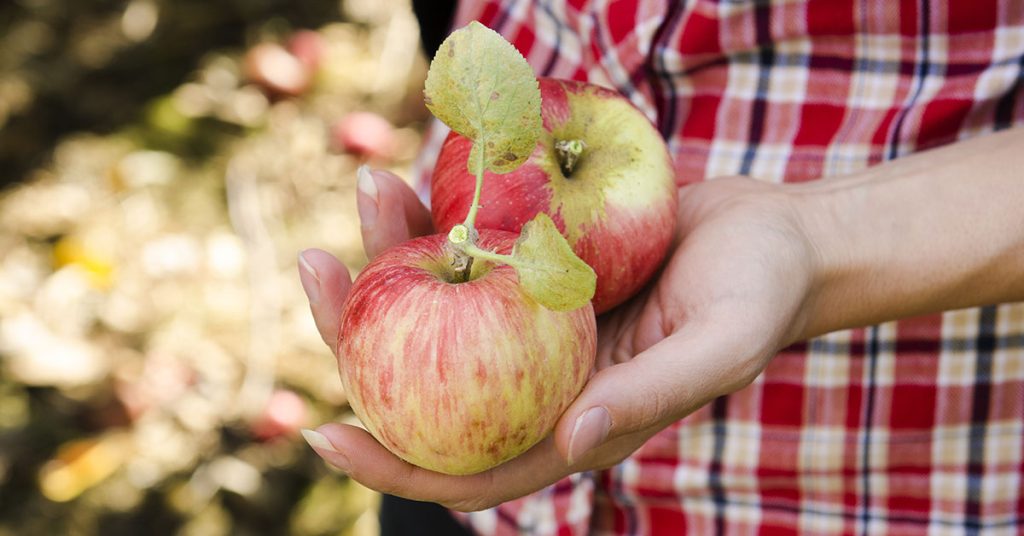
Gravenstein apples are a heritage variety that originated in Denmark in the early 17th century. These apples are widely popular among gardeners and farmers due to their crisp texture and tangy flavor that balances sweetness and tartness. The Gravenstein apple has a thin skin that is red-striped and greenish-yellow in color, and a juicy white flesh. They are often used for baking, sauce-making, and cider production due to their high acidity.
Growing Gravenstein apples requires a cool and moist climate, making them well-suited for regions with mild summers and chilly winters. These apples require well-drained soil with a pH range of 6.0 to 7.0, and full sun exposure to thrive. They can be propagated through grafting or budding onto suitable rootstocks.
Gravenstein apple trees are known to be productive, bearing fruit in late summer to early fall. Due to their unique flavor profile, Gravenstein apples remain a popular choice among apple enthusiasts and are often sought after at farmers’ markets and specialty stores.
Baldwin apples
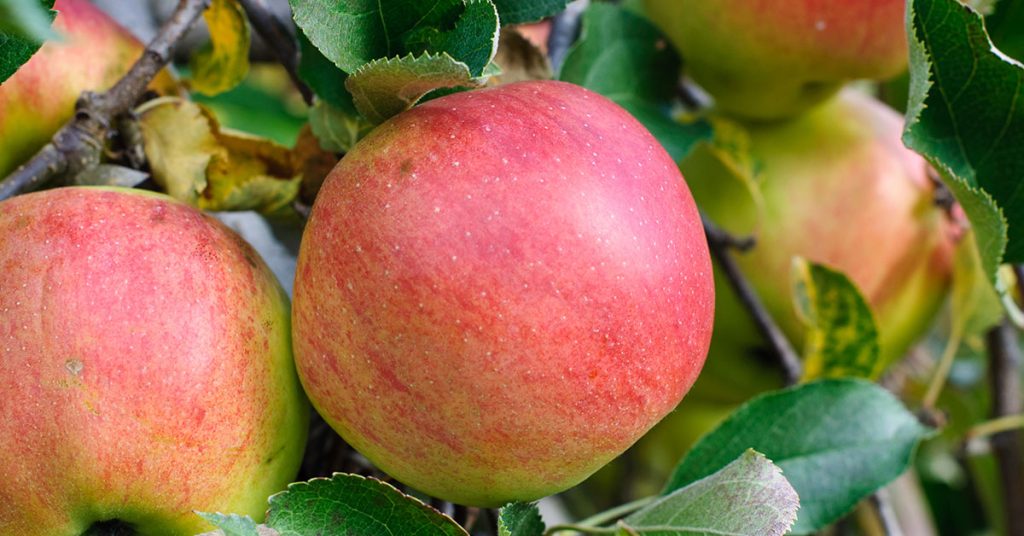
Baldwin apples are a popular heritage apple variety that originated in Massachusetts in the 18th century. It is a medium-sized apple with bright red skin and white flesh that is firm, juicy, and slightly tart. The flavor of Baldwin apples is considered well-balanced with a hint of sweetness and pleasant acidity.
Baldwin apples are a versatile variety that can be used in a variety of ways. They are excellent for eating fresh, but also make great additions to pies, sauces, and other baked goods. In fact, Baldwin apples were once one of the most popular apple varieties for use in pies and other baked goods in the northeastern United States. Additionally, Baldwin apples are known for their ability to hold their shape when cooked, making them a great choice for canning or preserving.
Northern Spy apples
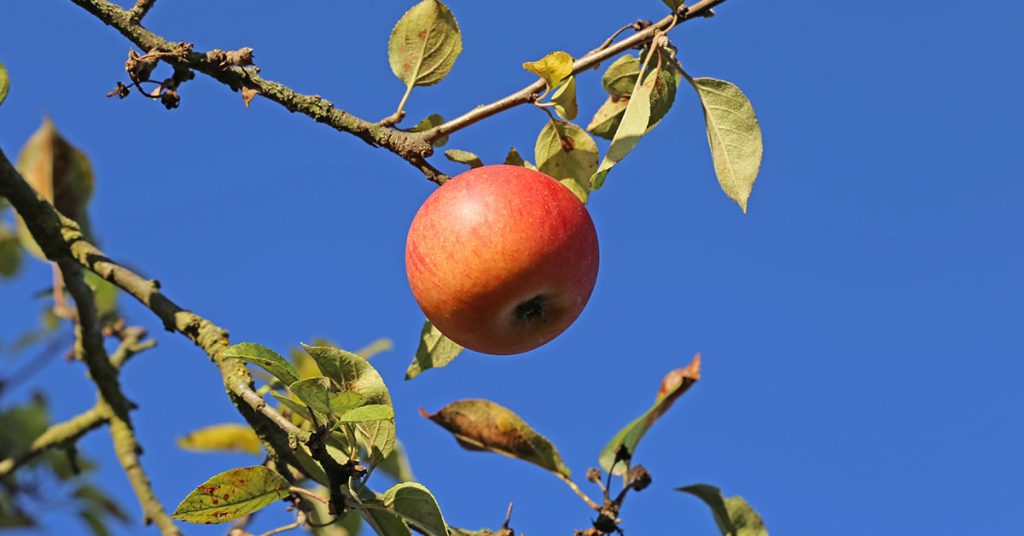
Northern Spy is a variety of apple that is known for its firm, crisp texture and tangy, juicy flavor. It is a large apple with a slightly irregular shape and greenish-yellow skin that is often blushed with red. Northern Spy apples are typically harvested in late September or early October, and they store well, making them a popular choice for use in pies, sauces, and other baked goods throughout the fall and winter months.
Pruning and training the trees in their early years is essential to promoting good structure and maximizing fruit production. Northern Spy apple trees are generally easy to care for, but they can be susceptible to pests and diseases such as apple scab and fire blight, so regular monitoring and treatment may be necessary.
Winesap apples
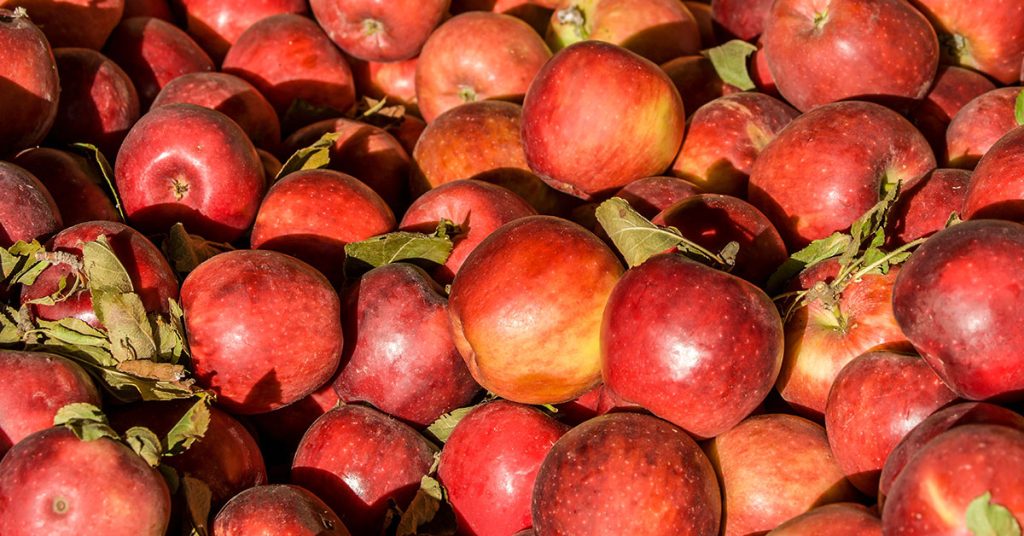
Winesap apples are a heritage apple variety that has been grown in the United States since the early 1800s. This apple variety is known for its unique, tangy flavor, making it a favorite among cider makers and apple enthusiasts alike. Winesap apples have a dark red color, and their flesh is firm, crisp, and juicy.
In terms of pests and diseases, Winesap apples are relatively resistant to common apple tree problems, but it is still important to monitor the tree for signs of issues such as apple scab or codling moth. Winesap apples are typically ready to harvest in late September or early October, and they store well, making them a great option for winter eating or cooking.
Additional heritage apple varieties
The above list are some of my favorite heritage apples, but there are others you can choose from as well, including:
- Golden Russet: This variety, originating in New York, is known for its sweet flavor and is often used for making hard cider.
- Arkansas Black: A variety that originated in Arkansas, this apple is known for its dark, almost black color and its firm texture.
- Esopus Spitzenburg: This variety, originating in New York, is known for its sweet, tangy flavor and is often used in cooking and baking.
- Rome: Originally from Ohio, the Rome apple is known for its firm texture and is commonly used for baking and cooking.
- Ashmead’s Kernel: This English variety is known for its distinctive flavor, which has been described as both sweet and tart.
